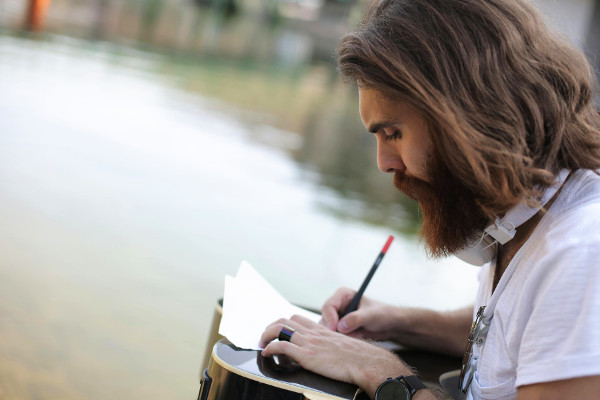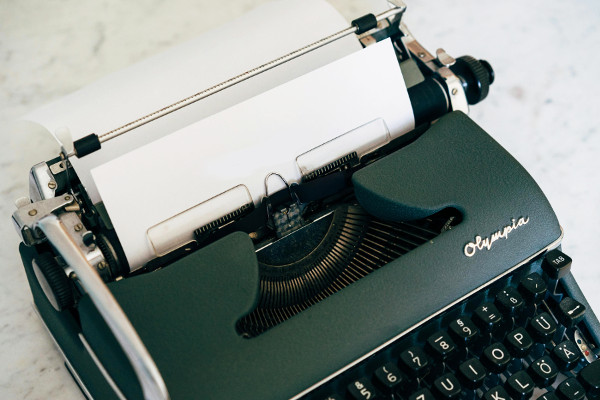How to Start Writing a Poem: Tips, Themes, and Techniques for Beginners
Poetry is like coloring with words – it lets you explore feelings, memories, and everyday moments in your own unique shades. You don’t need to be an expert or follow strict rules. All you need is a willingness to notice what moves you and the courage to put it into words. In a busy, overstimulated world, writing poetry can be a calming way to slow down, reflect, and reconnect – with yourself and with others.
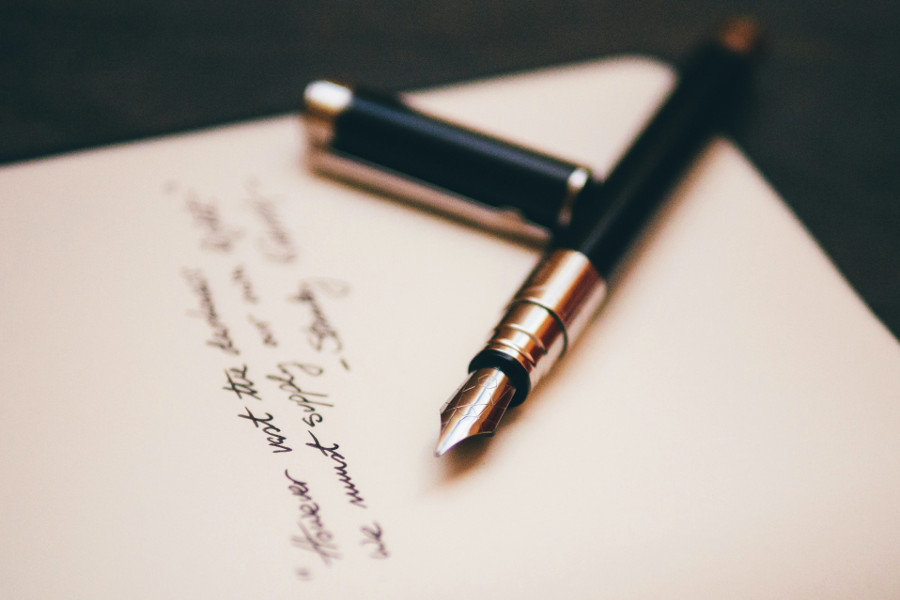
How do I start writing a poem?
Poetry might seem mysterious at first, but it’s really just a way to express what’s going on inside you – your thoughts, your feelings, your observations – through words. It doesn’t matter if you’ve never written a poem before. What matters is taking the first step. Poetry isn’t about being perfect or polished right away. It’s about being real, being open, and letting the words flow from a place of honesty.
In a world that often feels rushed, writing a poem can be like taking a deep breath. It’s a chance to slow down, reflect, and connect with something deeper. Whether you're inspired by nature, a memory, or even a passing feeling, poetry gives you the space to turn it into something meaningful. The most important thing is to start – even if it feels uncertain at first.
What are the basic elements of a poem?
A poem isn’t just pretty words strung together. There are certain tools and elements that make poetry what it is. These include things like form, which is the shape or structure of a poem, and meter, which gives it rhythm. Rhyme can add music to your lines, while imagery paints pictures in the reader’s mind. Figurative language – like similes and metaphors – helps you say something more by saying something else.
You’ll also come across sound devices like alliteration and onomatopoeia. These add texture to your writing and can make your poem more memorable. At its heart, every poem has a theme – something it wants to say or explore. You don’t need to master all of these at once. Just start noticing how they show up in the poems you read and write.
How do I choose a theme for my poem?
Themes can come from anywhere. From the way the rain hits your window to a quiet walk through the woods. From heartbreak or joy, or something you read in the news. Often, the best themes are the ones that matter to you personally – topics that stir your emotions or make you think. Sometimes you’ll begin with a theme in mind. Other times, the theme will emerge as you write. Either way is perfectly fine.
What are common poetic forms and structures?
Yes, there are many forms of poetry, and each one has its own unique feel. The sonnet is structured and elegant, often used for love or philosophical thoughts. Haikus are short and powerful, capturing small, fleeting moments, often from nature. Limericks are playful and rhyming, while villanelles use repetition to build emotion. Free verse, on the other hand, doesn’t follow a strict pattern – it lets your thoughts wander and take shape naturally.
You don’t have to pick a form right away. Explore a few. Try writing in each. You might find that certain ideas or emotions fit better with specific forms.
If you want to study other poets works, check out some poetry websites. Here are a couple of recommendations:
- Poets.org
- All Poetry
- Poetry Archive
- Poetry Daily
- Gutenberg Project (search for books and classics)
How do I find inspiration for writing poetry?
Inspiration can come from just about anywhere. A conversation you overheard, a walk through a park, a painting, a dream, or even the feeling of sunlight on your skin. Often, inspiration strikes when you least expect it. That’s why it’s a good idea to keep a small notebook or use a notes app to capture thoughts as they come.
Other times, you may need to go looking for it. Reading other poets can open up new ideas. So can writing exercises or creative prompts. Even sitting quietly and letting your mind wander can spark something meaningful.
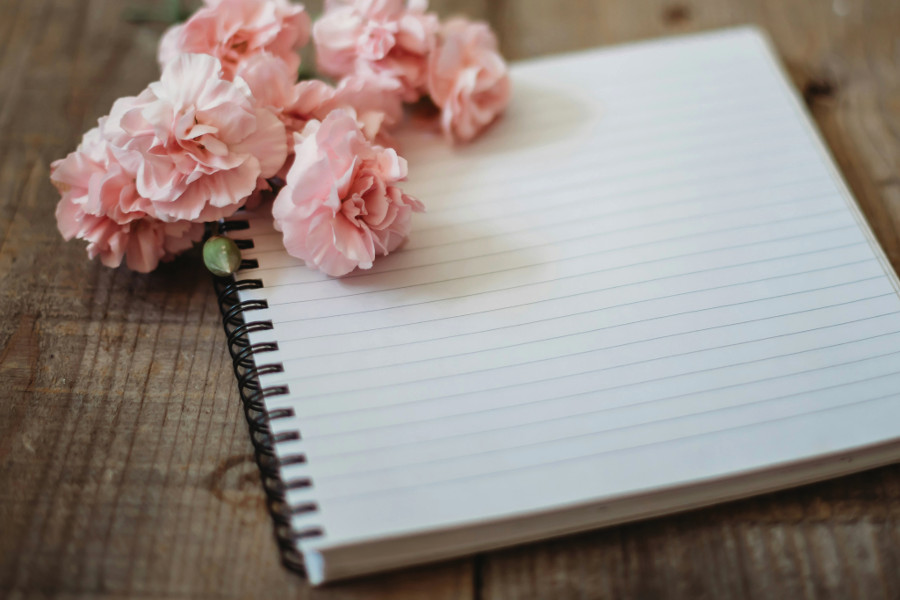
How can I improve my poem writing skills?
The key is to write often and to read widely. The more poems you read, the more you’ll start to see how different poets use language in creative and unexpected ways. And the more you write, the more confident you’ll become in your own voice.
Don’t be afraid to revise your work. Most good poems go through many drafts before they feel just right. Feedback from others – friends, teachers, writing groups – can be incredibly helpful. And remember, it’s okay to struggle sometimes. Every poet does.
What is the difference between a poem and prose?
Poetry is different from prose in the way it looks, sounds, and feels. While prose reads like everyday speech or storytelling, poetry is more condensed and focused. Every word counts. Poetry plays with rhythm, line breaks, and metaphor in a way that gives it a special kind of music. It’s less about telling a story and more about creating a mood, an image, or a moment.
How do I use rhyme and meter effectively in poetry?
Rhyme and rhythm can add beauty and flow to your poem, but they’re not always necessary. Some poems sing with perfect rhyme and steady beats. Others feel more like conversation. The important thing is to listen to your poem. Read it out loud. Does it feel natural? Does it sound the way you want it to?
Don’t force rhyme just to make it fit. And if you’re using meter, try to keep it consistent. That said, breaking the rules can also work – if you do it with purpose.
How do I write a poem with strong imagery?
Imagery is all about helping your reader see, hear, smell, touch, and taste what you’re describing. Instead of saying “I was sad,” show what sadness feels like. Maybe it’s “the echo of footsteps in an empty hallway” or “a wilted flower left by the windowsill.” The more specific and sensory your language is, the more it will stick with your reader.
What are some tips for writing free verse poetry?
Free verse gives you the freedom to write how you speak – or how you think. There’s no need to count syllables or worry about rhyme. But that doesn’t mean it’s random. You still need to think about the rhythm of your words, the pauses between lines, and the images you use. Free verse works best when it feels intentional and emotionally honest.
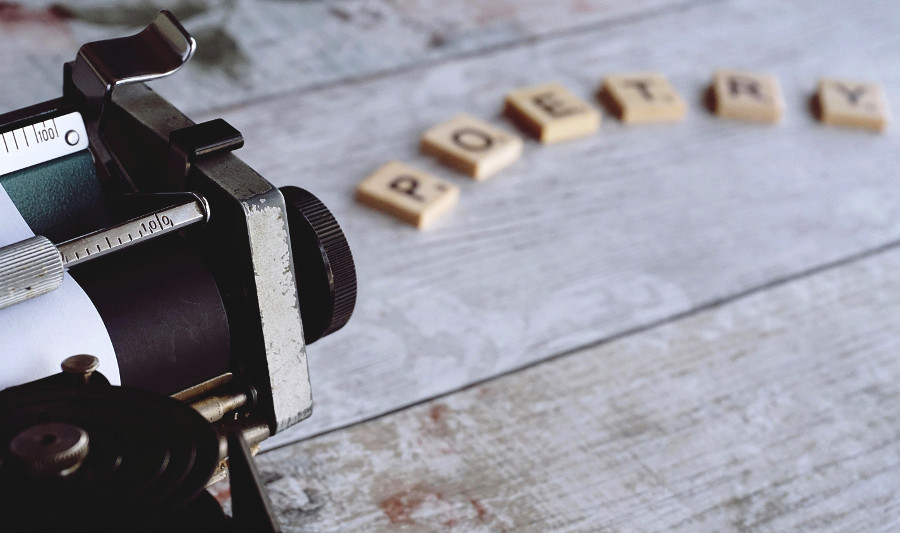
How do I edit and revise my poem?
Revision is where the magic happens. After you’ve written your first draft, take some time away from it. When you come back, read it aloud. Do the words flow? Does each line feel necessary? You might need to cut some parts, rearrange others, or find stronger words for what you’re trying to say.
Ask yourself: Does this poem say what I want it to say? Does it make the reader feel something? Editing isn’t about fixing mistakes – it’s about finding the clearest, most powerful version of your voice.
How do I express emotions through poetry?
Start by being honest with yourself. Think about a moment that moved you – a time you felt joy, sorrow, love, fear. Then try to put that feeling into a scene, a sound, or an image. Think of emotions not just as words but as experiences you can share.
Poetry has a way of holding space for things we don’t always say out loud. Use it to speak from the heart.
Can anyone learn to write poetry?
Absolutely. You don’t need a special talent or a degree in literature. All you need is curiosity and a willingness to explore. Like any art form, poetry takes time, patience, and practice. The more you write, the better you’ll get. And the more you read, the more you’ll understand the many ways a poem can live.
How do I write a haiku or other short forms of poetry?
Haikus are simple but deep. They follow a 5-7-5 syllable structure and often focus on a moment in nature. You don’t need to rhyme or explain – just observe something small and meaningful. Other short forms include tankas and cinquains, which have their own rules. These short poems challenge you to choose your words carefully and say a lot with a little.
What are some common mistakes to avoid when writing a poem?
Try to avoid being too vague or too familiar. Phrases like “life is hard” or “love hurts” don’t say much unless you show what that looks like in your own experience. Also, be careful not to force rhyme or use clichés. The best poems come from fresh images and honest feelings.
And don’t skip the editing stage. A strong poem is often the result of careful revision.
Good luck with your creative journey of writing poems.

